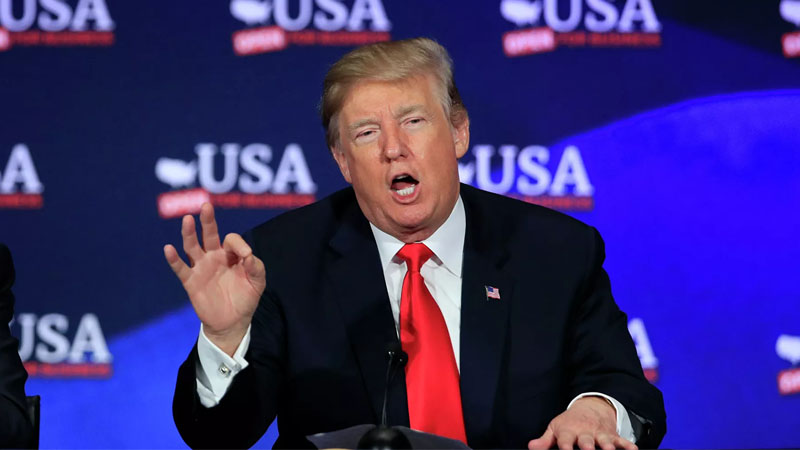In a strategic move, Donald Trump has initiated efforts to challenge a gag order imposed by Judge Juan Merchan, alongside attempting to relocate his impending hush money trial away from its current Manhattan venue. This legal maneuver was set into motion on Monday when Trump’s attorneys filed an appeal against the restrictions placed by Merchan, as well as the decision to keep the trial within the Manhattan jurisdiction, as per reports from the Washington Post.
The trial, which was initially slated to commence on March 25, saw a delay, being rescheduled to April 15. This postponement came about as Trump’s defense team was granted access to a substantial dossier of around 100,000 pages of documents from federal prosecutors, necessitating additional time for review and preparation.
At the heart of this legal tussle is the gag order implemented by Judge Merchan, designed to curtail Trump’s ability to publicly comment on individuals associated with the case, extending to their family members. The order’s scope was broadened to encompass not only the relatives of those directly involved in the case but also the families of Judge Merchan and Manhattan District Attorney Alvin Bragg.
This expansion came in response to Trump’s persistent targeting of Merchan’s daughter through various social media platforms. Central to Trump and his allies’ objections to Merchan’s role in the trial is the contention that the judge’s ability to remain neutral has been tainted.
They point to Merchan’s daughter’s professional engagements with Democratic political campaigns and Merchan’s own minor financial contributions to Democratic entities as indicators of a potential conflict of interest. These allegations form the crux of Trump’s argument for questioning the judge’s impartiality and seeking alterations to the trial’s conditions and locale.
As these legal proceedings unfold, the battle over the gag order and the trial’s location underscores the intricate and often contentious interplay between legal strategy, judicial impartiality, and the political undercurrents that permeate high-profile cases such as this one. Trump’s proactive legal stance reflects an endeavor to navigate these complex dynamics, aiming to secure conditions that he perceives as more conducive to a fair trial.

